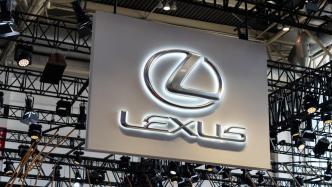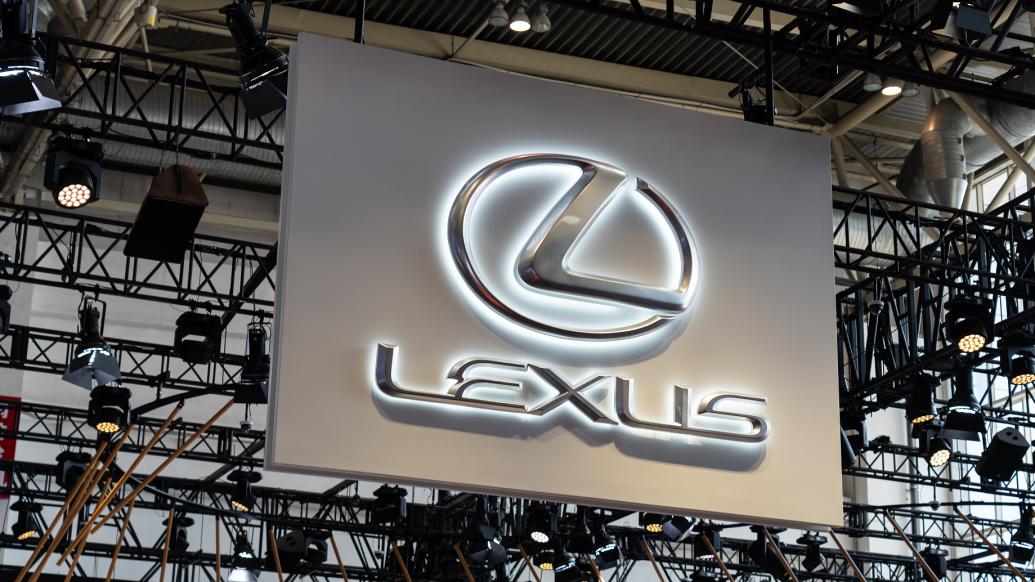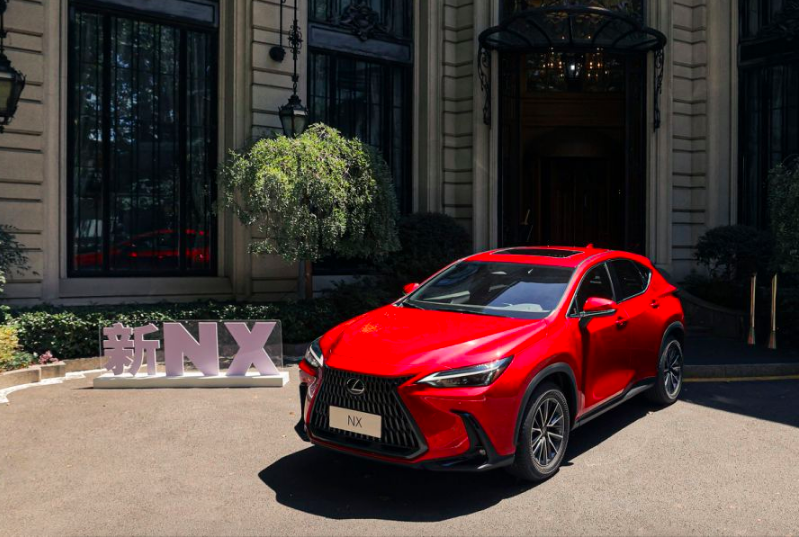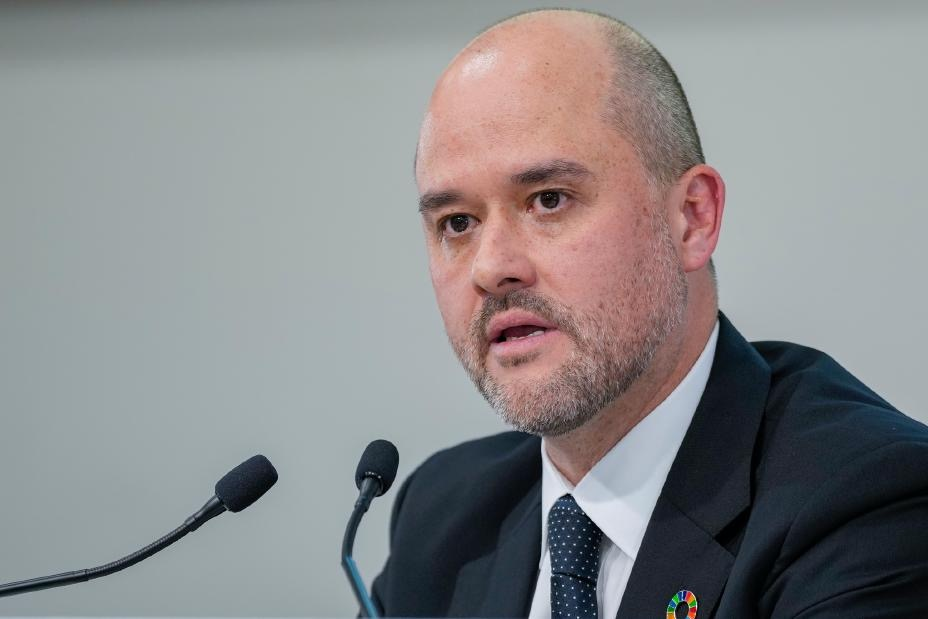
On June 29, Bloomberg reported that Toyota was discussing the possibility of building a wholly-owned factory with Shanghai authorities.
People familiar with the matter said that Toyota is seeking similar treatment to Tesla, including tax breaks, policy support, land grants and conditions for direct operation without a local joint venture partner, and the factory is interpreted by the industry as Lexus going to be "domesticated".

In this regard, a reporter from The Paper asked Toyota for confirmation, and Toyota denied it.
Tesla's Shanghai factory began construction on January 7, 2019 and was put into operation at the end of 2019. It is the first wholly foreign-owned automobile manufacturing project in China.
Toyota will use the plant to produce electric vehicles for its Lexus brand, Bloomberg reported, citing people familiar with the matter.
Shanghai authorities are willing to attract more foreign investment but may need approval from higher levels, a person familiar with the matter said, meaning the talks are far from complete and could even change.
Toyota is the world's largest automaker, but like other Japanese automakers, its share in China is declining with the rapid rise of its own brands.
According to data from the China Association of Automobile Manufacturers, from January to May this year, GAC Toyota's retail sales fell 14.8% year-on-year to 292,377 vehicles. This caused GAC Toyota to drop to seventh place among the top ten automobile brands in China, with a market share of 3.6%. Another joint venture, FAW Toyota, even fell out of the top 10 list several times.
Toyota is trying hard to change its backward trend in the Chinese market. One of the fastest ways for it to get on the table is to cooperate with Chinese companies such as BYD to develop new energy vehicles. In May this year, media reported that Toyota plans to launch several plug-in hybrid vehicles based on BYD's DM-i technology in the next 2-3 years.
On June 28, GAC Toyota announced at its Technology Day that it will work with Chinese startup Momenta to use end-to-end technology to build an autonomous driving decision-making system, which will first be used on Toyota's bZ3X pure electric vehicle.
As for the protagonist of this time, Lexus, it is not the first time that it is "made in China". The rumor comes back almost every two or three years. But the background at that time was that the tariffs on foreign imported cars were gradually decreasing, the sales volume of Lexus imported cars was increasing year by year, and the transportation distance from Japan to China was very short, so there was really no need for Lexus to be made in China.
But the background is different this time. Lexus is no longer able to win in China without any effort. In 2023, Lexus sold 181,411 vehicles in China, a slight increase of 3% year-on-year, which is incomparable with the 30% growth rate in the past.
On the other hand, as Toyota's core luxury brand, Lexus must take the lead in the electrification transformation. But Lexus is unwilling to produce electric vehicles in Japan. Why? Because the Japanese don't like pure electric vehicles. In 2023, the penetration rate of electric vehicles in Japan was about 1%. Then the largest test field or the market that may pay the bill can only be China, where Lexus urgently needs an electric vehicle factory. If we analyze it rationally, since the smart electric wave is led by China, the best way is to develop, produce and sell "one-stop" here.


